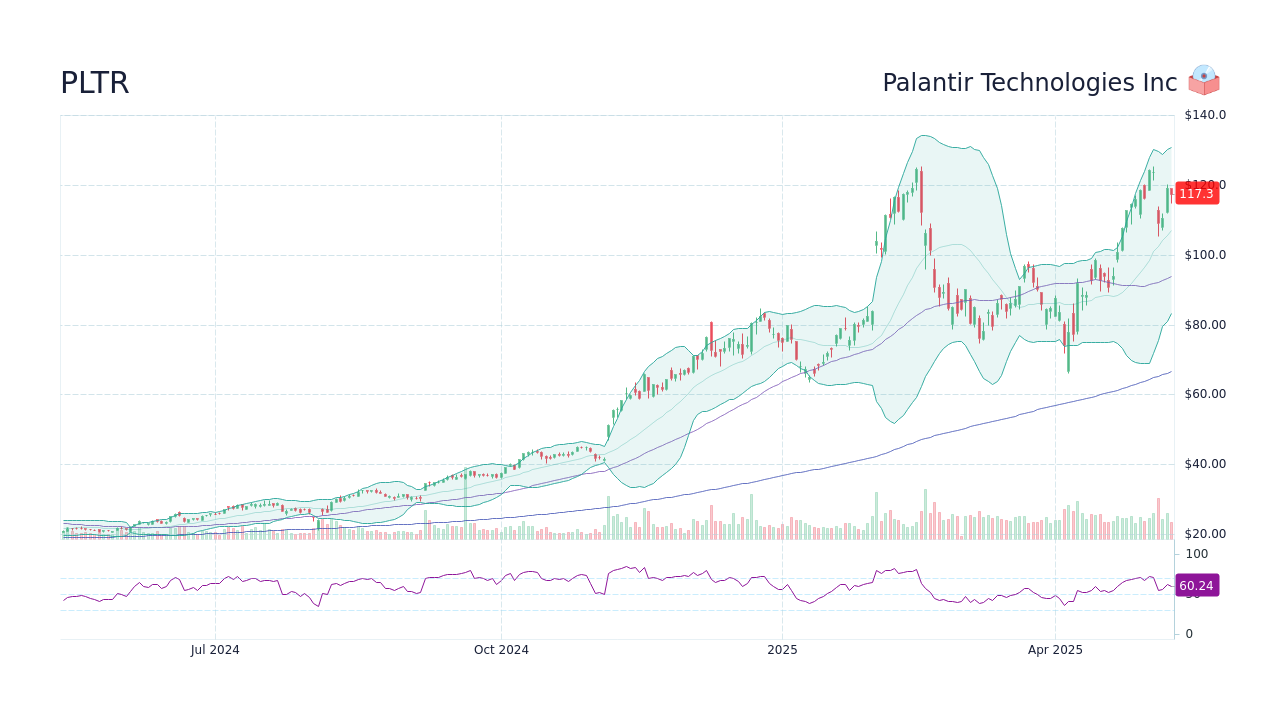European Nuclear Defense: A French Minister's Vision

Table of Contents
The Rationale Behind a Unified European Nuclear Defense
The current security environment compels consideration of a unified approach to nuclear defense. The rise of revisionist powers, such as Russia, coupled with the persistence of terrorism and regional conflicts, creates a volatile landscape. This uncertainty has led to questions about the adequacy of NATO's nuclear umbrella and spurred a desire for greater European strategic autonomy.
- Rising Global Threats: The ongoing war in Ukraine, coupled with Russia's assertive foreign policy and its nuclear arsenal, significantly impacts European security perceptions. Other threats, including terrorism and regional instability in the Middle East and Africa, further complicate the picture.
- Perceived Inadequacy of NATO's Nuclear Umbrella: Some argue that reliance solely on the US nuclear deterrent is insufficient to guarantee European security, particularly in the face of potential escalation or changing US foreign policy priorities.
- Desire for Greater European Strategic Autonomy: The pursuit of a more independent European defense and security policy is a driving force behind discussions surrounding a European Nuclear Defense. This aims to reduce dependence on external actors.
- Concerns about US Commitment to European Security: Debates about the future of transatlantic relations and the reliability of US security guarantees in the long term fuel discussions about independent European nuclear capabilities.
A unified European Nuclear Defense offers potential benefits such as improved deterrence against potential aggressors, increased cost efficiency through shared resources and infrastructure, and an enhanced European geopolitical influence in international relations and arms control negotiations.
Key Elements of a Potential European Nuclear Defense Vision
While no single French Minister has yet presented a comprehensive plan, a hypothetical European Nuclear Defense could involve several key elements. These would necessitate substantial international cooperation and agreement.
- Shared Control and Command Structures: Establishing a joint command structure for European nuclear forces would be crucial, requiring complex negotiations and agreements on decision-making processes.
- Joint Investment in Nuclear Weapons Modernization: Pooling resources for the modernization and maintenance of nuclear weapons systems could lead to cost savings and improved technological capabilities.
- Collaboration on Nuclear Doctrine and Strategy: A unified nuclear doctrine would need to be developed, harmonizing national strategies and defining the conditions under which nuclear weapons might be used.
- Potential Roles for Different European Nations: A division of labor could see some nations focusing on weapons development and deployment, while others contribute to infrastructure or logistical support. This would require careful consideration of each nation's capabilities and contributions.
- Addressing Non-Proliferation Concerns: Any European Nuclear Defense initiative must scrupulously adhere to the Nuclear Non-Proliferation Treaty (NPT) and avoid actions that could encourage nuclear proliferation by other states.
Challenges and Obstacles to Implementation
The path towards a European Nuclear Defense faces significant hurdles.
- Deep-seated National Sovereignty Concerns: Member states may be reluctant to cede control over their national nuclear arsenals or to share decision-making authority on matters of national security.
- Differing Views on Nuclear Strategy and Roles: European nations hold varying views on the role of nuclear weapons in their security strategy, potentially leading to disagreements on doctrine and deployment.
- Potential Disagreements on Resource Allocation: Fair and equitable distribution of the costs associated with developing, maintaining, and modernizing nuclear weapons systems would be a major point of contention.
- The Role of NATO and its Existing Nuclear Deterrence Framework: Integrating a European Nuclear Defense with the existing NATO nuclear framework would necessitate complex negotiations and potentially require a re-evaluation of NATO's overall security strategy.
- Non-Proliferation Treaty Implications: The NPT and international law surrounding nuclear weapons necessitate careful consideration and transparent adherence to prevent escalation and proliferation.
Addressing Public Opinion and Concerns
Public perception of nuclear weapons is a critical aspect to consider. A transparent communication strategy is crucial to building public support for such a significant undertaking.
- Public Awareness Campaigns: Educating the public about the rationale, security implications, and safeguards involved in a European Nuclear Defense is vital to garnering support.
- Addressing Safety and Security Concerns: Addressing public anxiety regarding safety protocols and the security of nuclear weapons systems is essential to building confidence.
- Promoting Open Debate on Nuclear Issues: Fostering open and informed discussions about the ethical, strategic, and security implications of nuclear weapons is necessary for democratic decision-making.
International Implications and Reactions
A European Nuclear Defense would have profound implications for global security.
- Potential Reaction from Russia and Other Nuclear Powers: Such an initiative could provoke strong reactions from Russia and other nuclear powers, potentially leading to an escalation of tensions.
- Implications for Arms Control Treaties: A European Nuclear Defense could impact existing arms control treaties and agreements, requiring renegotiation or adaptation.
- The Role of the UN Security Council: The UN Security Council would play a crucial role in overseeing any significant changes in the global nuclear landscape.
- Impact on Transatlantic Relations: The development of a European Nuclear Defense could reshape the transatlantic relationship, altering the balance of power and requiring adjustments in security cooperation between Europe and the US.
Conclusion
The debate surrounding European Nuclear Defense is complex and raises fundamental questions about European security, autonomy, and the role of nuclear weapons in the 21st century. While a unified approach offers potential benefits in terms of deterrence and cost-effectiveness, significant challenges related to national sovereignty, differing strategic perspectives, and international reactions must be carefully considered. The hypothetical vision examined here highlights the need for transparent communication, international cooperation, and a thorough assessment of the potential risks and rewards. Further research and open dialogue are vital to navigating this intricate issue and building a secure future for Europe. Engage in the conversation about the future of European Nuclear Defense and contribute to informed decision-making.

Featured Posts
-
 Letartoztattak Egy Transznemu Not Floridaban A Noi Mosdo Hasznalataert
May 10, 2025
Letartoztattak Egy Transznemu Not Floridaban A Noi Mosdo Hasznalataert
May 10, 2025 -
 Revealed The Actor Playing David In High Potential Episode 13 And The Casting Choice
May 10, 2025
Revealed The Actor Playing David In High Potential Episode 13 And The Casting Choice
May 10, 2025 -
 Palantir Technologies Stock Investment Potential And Future Outlook
May 10, 2025
Palantir Technologies Stock Investment Potential And Future Outlook
May 10, 2025 -
 How Bert Kreischers Wife Feels About His Netflix Sex Jokes
May 10, 2025
How Bert Kreischers Wife Feels About His Netflix Sex Jokes
May 10, 2025 -
 Dijon Agression Au Lac Kir Trois Hommes Blesses
May 10, 2025
Dijon Agression Au Lac Kir Trois Hommes Blesses
May 10, 2025
